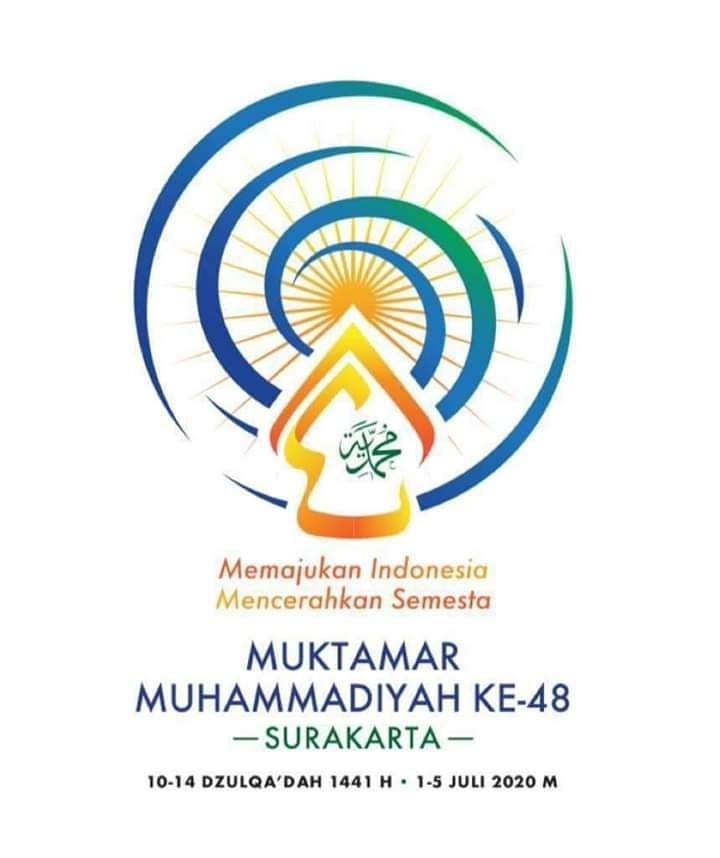MUHAMMADIYAH.ID, KONAWE - Flood engulfed several areas in Indonesia including Sulawesi. The flood paralyzed trans-Sulawesi highway in Sidrap, Sulawesi Selatan and Konawe Utara, Sulawesi Utara. The flood occurring after Idul Fitri was because of the high rainfall floodwater from Tana Toraja and Engrekang.
Reached by a staff of Muhammadiyah.id, Deputy Chair of Media, Technology, and Information of Kwarwil Hizbul Wathan, Sulawesi Utara Haidir Muhari stated that Muhammadiyah of Sulawesi together with autonomy organizations collaborated to responded to the disaster.
He mentioned the organizations were ‘Aisyiyah, Pemuda Muhammadiyah, Nasyiatul Aisyiyah, Hizbul Wathan, Tapak Suci, Ikatan Mahasiswa Muhammadiyah and Ikatan Pelajar Muhammaidyah (Muhammaiyah Student Association), as well as Office of Muhammadiyah Alms, Infaq, and Shodaqoh of Sulawesi Utara. They provided aids as money and clothes and helped to raise funds for charity.
“We have two shelters to gain aids, namely in Universitas Muhammadiyah Kendari and Apotek (Pharmacy) Muhamamdiyah Kendari 2. Till now, the shelters are receiving the aids,” told Haidir on Wednesday (12/6).
For the follow-up disaster response, Haidir informed that a Muhammadiyah Sulawesi team was still waiting for coordination with a Muhammadiyah Disaster Management Center (MDMC) team that was supposed to arrive last night.
Additionally, the flood inundated six districts, namely Andowia, Ohea, Asera, Landawe, Langgikima, and Wiwirano. Based on data, 202 houses were washed away and 1,396 houses were inundated. The flood also drowned a 970.3-HA field, a 83.5-HA corn field, and a 11-HA area. In a fishery sector, a 420-HA pond was flooded.
Due to the condition, Haidir mentioned that aids needed by the flood victims were elderly people’s and baby’s diapers, raw food (egg, rice, noodle, vegetable, and side dishes), fast food, milk, medicines, inflatable boats, sanitary napkins, and underwear.
In this disaster management, Haidir stated that the team would do the disaster management as usual such as counseling while and post-disasters, trauma healing, religious preaching, economic empowerment, and reforestation.
“We expected that what we are doing now at least can reduce burdens of the victims,” expressed Haidir.


